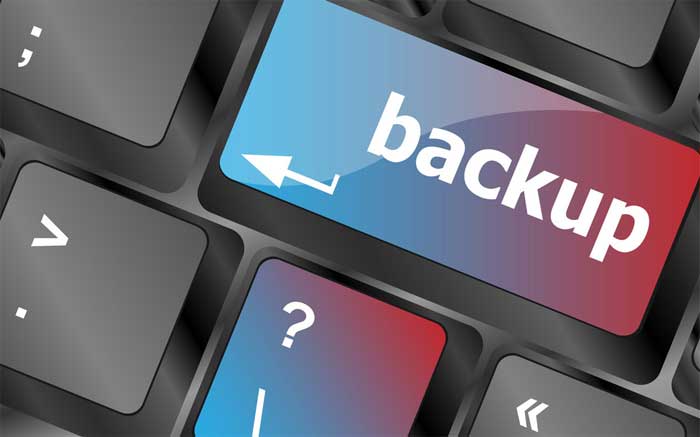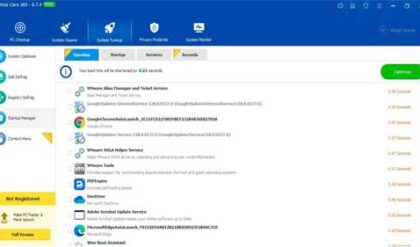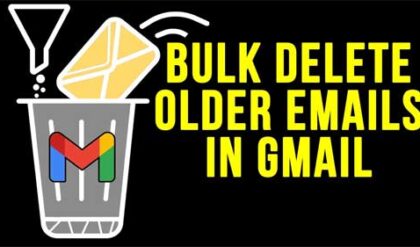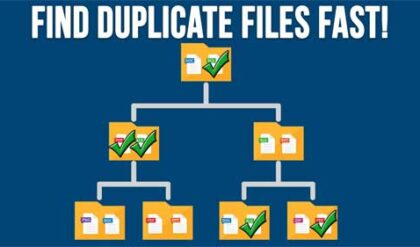Are you keeping your important files backed up?
PC Backups can sometimes save your marriage, especially if you have all the baby photos safely backed up. If you don’t back up your data and you lose even one family photo event that no one has a copy of, you can incur months of angry comments from your spouse.
Here are some of the major Do’s and Dont’s to keep you out of the dog house when it comes to PC backups:
DO Backup your files regularly
Whether you use an automated backup tool or just backup files manually regularly, you need to set yourself a reminder to back up your data, preferably once a week. USB backup drives are the easiest way to back up your files. Large capacity USB hard drives capable of backing up to a terabyte (1000 Gigabytes) of data can be found online for less than $100.
DO take a copy of your backed up data to an off-site location for safekeeping
If your house burns down then the backup that you made and kept next to the computer will probably be destroyed along with the computer. You need to keep a copy of your backed-up files at an off-site location safe from harm.
Take a copy of your backup to your parents’ house or put it in your safe deposit box at your bank. Remember to swap it out on a scheduled basis so your off-site backup won’t become too stale. If storing it at a relative’s house, make sure it is clearly labeled and put in a safe place where it won’t be disturbed.
DON’T put all your backup eggs in one backup basket
While USB hard drives are great for speeding up the backup process and storing large amounts of data, they are mechanical and may fail over time. In addition to backing up to an external hard drive, you should also periodically back up to removable optical media such as DVDs or writable Blu-ray disks. Optical media may not hold as much data as a hard drive, but they are solid-state (no moving parts) which may hold up better than magnetic media in the long run.
Although it may be tedious when you have hundreds of gigabytes worth of data to backup, you should consider using optical media for anything important such as photo libraries.
Cloud storage is another off-site backup option. The main issue with cloud storage is that your files are at the mercy of the company that is hosting them. If the company goes out of business then there is a strong chance that you may lose your data.

DO Label Your Backups
I can’t tell you how many drawers I have at my house that have a random stack of unlabeled CDs or DVDs in them. I have no idea what is on the disks until I load them into my computer and check their filesystem.
To make your life easier, get a pack of permanent markers and keep them by your computer. Whenever you burn a disk, write down what is on it and also include the date so you will know when the backup was made.
DON’T assume a backup was successful, test it to make sure the backup process worked
This seems like a no-brainer, but I have seen lots of backup disks that supposedly had gigabytes of data on them turn out to be unreadable garbage or were blank because the backup software failed to burn the disk correctly or because someone just forgot to press the ‘burn’ button.
When you’ve completed making a backup disk, take it to another computer (if possible) and try to open a file on the disk. Don’t just look at the directory of files, open a file to make sure that your data is usable.
DO secure your backups if they contain personal data
You shouldn’t just leave backup disks lying around. Remember, your backup disks may contain things like your tax returns, and other personal files that contain sensitive information about you and your family. Protect your backup disks as you would any other important document that you keep in your home. Keep them in a fireproof safe if possible.
If you don’t take anything else away from this article, remember that your wife will never forgive you if you lose her digital photo library. Make sure that you at least have all the baby’s pictures backed up or you might find yourself moved to an off-site location.
About the author
Nicholas H. Parker is a content editor at BuyEssayClub. He used to manage the content team at the company he worked for. Currently, Nicholas writes articles to share his knowledge with others and obtain new skills. Besides, he is highly interested in the web design sphere.






